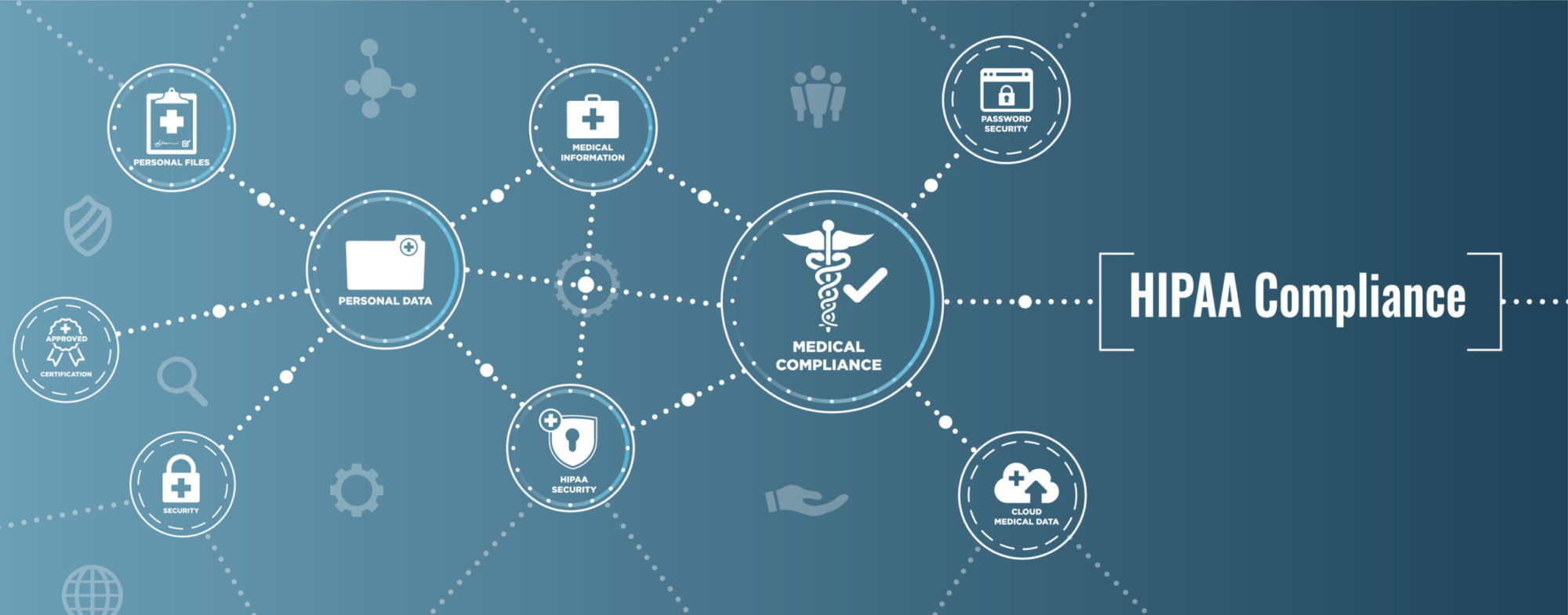HIPAA requirements aren’t just for medical professionals. Published more than two decades ago, The Health Insurance Portability and Accountability Act (HIPAA) mandates stringent guidelines for preserving the confidentiality and safeguarding of what it defines as Protected Health Information (PHI). But HIPAA’s scope isn’t confined to just medical practitioners and hospitals.
Any entity that assists a healthcare provider in executing its operations must also adhere to HIPAA requirements. This can prove to be quite challenging, which is why we’re here to offer our advice on initiating the journey towards HIPAA compliance.
HIPAA Requirements and Who They Affect
Under the purview of HIPAA, healthcare providers such as physicians, hospitals, pharmacies, and other entities involved in transmitting protected health information are designated as “covered entities.” Furthermore, businesses responsible for storing, receiving, generating, and maintaining PHI on behalf of these covered entities are termed “business associates.” All these entities must align with HIPAA’s Privacy Rule and Security Rule. These regulations necessitate the implementation of physical, administrative, and technological safeguards to protect personal health information, among other requirements.
Storing Information to Meet HIPAA Requirements
HIPAA requirements mandate physical safeguarding of personal health information, which entails having a secure storage solution off-site. This site needs to be applicable to both physical and digital records. It’s important not to be misled into thinking that on-site record storage guarantees security, as insider theft-related HIPAA violations are regrettably common.
Opting for off-site document storage at a commercial records center offers an excellent solution for safeguarding personal health information from internal and external threats. Robust security systems are in place to thwart unauthorized access to documents, while barcode tracking technology creates a meticulous audit trail of all file-related activities.
Safe Storage Means Digital Records Too
The same level of protection is extended to your electronic data through an electronic vaulting service. Data protection specialists employ encryption, backup, and off-site storage in an electronic vault that strictly adheres to HIPAA’s stringent security requirements.
Disposal of Information
If you operate as a business under HIPAA requirements, the same diligence should be applied when disposing of health records. Many businesses ensure proper care during the storage and transmission of information but falter in the final phase: information disposal. Obsolete or expired PHI must be promptly, thoroughly, and securely destroyed.
Attaining HIPAA compliance can be accomplished by outsourcing your disposal needs to a reputable shredding and destruction service provider. They employ secure collection and destruction procedures. This ensures your business avoids violating HIPAA requirements and any associated fines and penalties. Following the destruction of personal health information, you should receive a Certificate of Destruction. This serves as concrete proof that your company is diligently adhering to HIPAA’s Privacy Rule and Security Rule.
Cariend offers a full suite of HIPPA compliant personal health information management services and medical records custodianship services everyone. This means to professionals in the medical industry and those in supporting industries. Whether you’re managing large amounts of records, or taking care of a small section of your business’s overall responsibilities, we have a custodianship plan for you. Contact us today to learn how your business can benefit from a custodianship plan with Cariend.










